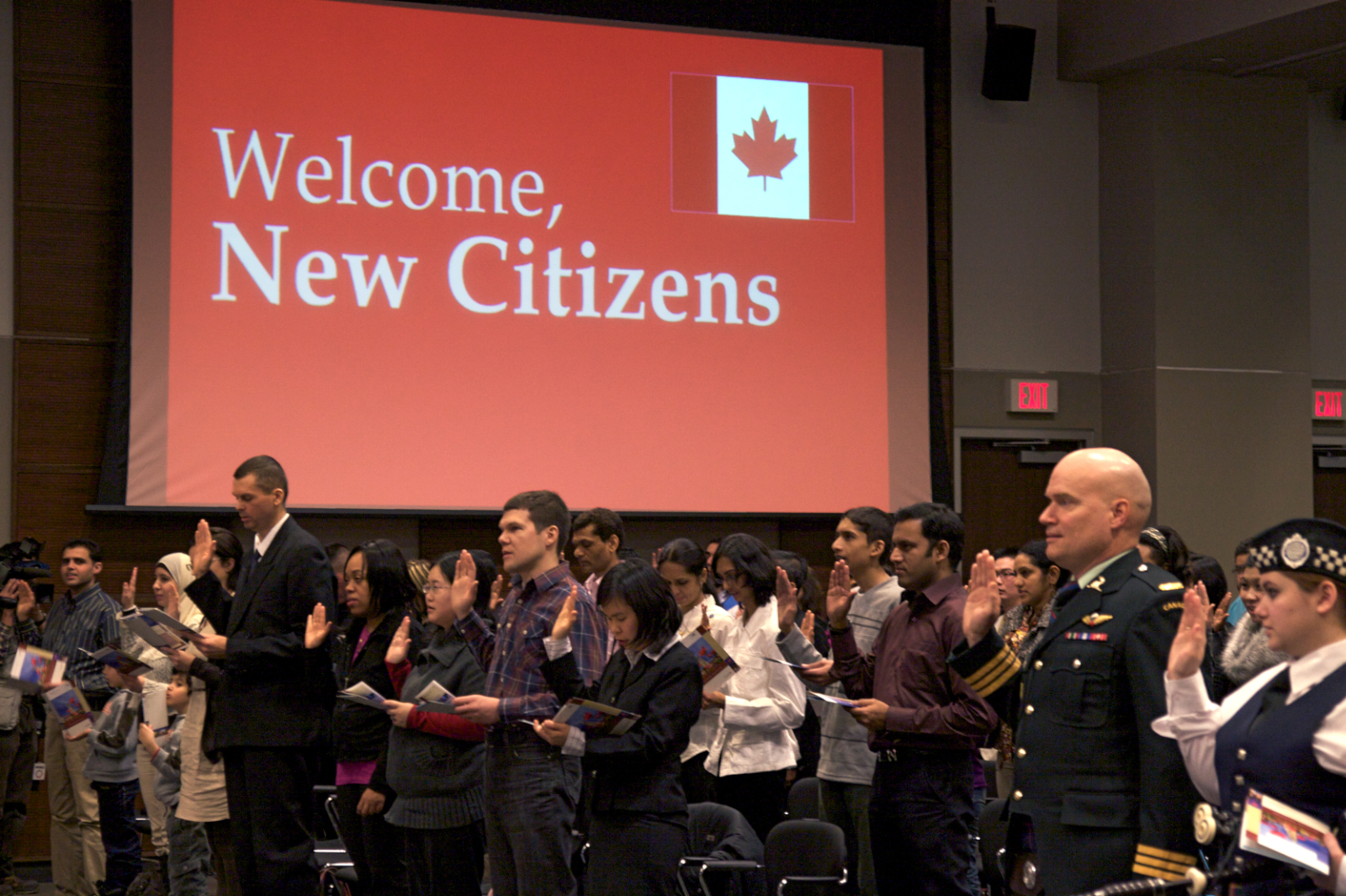The Canadian Immigration Minister, Mr. Ahmed Hussen had announced last year that a new appeal process would be available to people whose Canadian citizenship had been taken away on the grounds of terrorism.
These changes to the citizenship laws of Canada are in effect now. The immigrants who have been stripped off their citizenship and are facing a removal order are allowed to present their case through the new process of appeal. The new regulations are enlisted in the Bill C-6 which has been given the Royal Assent in the month of June, 2017.
The right to appeal and some other changes are a part of the present government’s decision to revoke certain rules which had been given approval by the previous government.

How does the process work?
Individuals facing revocation of citizenship have the right to get their case heard by the Federal Court. They can also make a request to the Canada’s Minister of Immigration, Refugees and Citizenship to take a decision after hearing their case.
It is advisable to get representation from a reputable immigration attorney in order to prepare a strong case and get a ensure a favorable outcome. The immigration lawyer can provide expert advice and study your case to come up with solid evidence to back your appeal. He can assess the reasons for the revocation of your citizenship and prepare an argument accordingly.
Another change in the process is that an individual’s case is presented before the Federal Court only after it is reviewed by the IRCC officials. The officials have the authority to decide whether or not to revoke the individual’s citizenship before referring it to the Federal Court for the final decision.
Those who opt for the Minister’s decision have the right to seek leave and request a review of the decision from the Federal Court.
What does the Bill C-6 state?
- Treason and terrorism cannot be used as grounds for revocation of citizenship. The accused will be tried by the justice system.
- Those who do not intend to stay in Canada can also apply for citizenship.
- The number of days for which a person needs to stay in Canada before applying for permanent residency has also been lowered. The individual just needs to be present in Canada for three out of five years without any minimum threshold on the days per year.
- The language requirements for citizenship are applicable to people between the age 18 and 54 years.
- The Federal Court is the final authority in deciding revocation of citizenship.
According to the Immigration Minister, Ahmed Hussen, “This improves the fairness of the process by allowing all individuals to choose to have their case decided by the Federal Court, an independent judicial body.”






